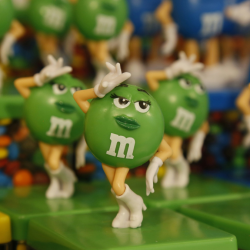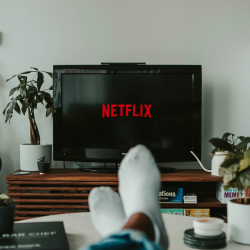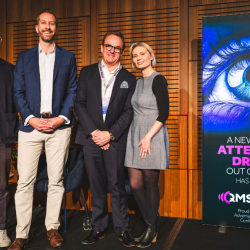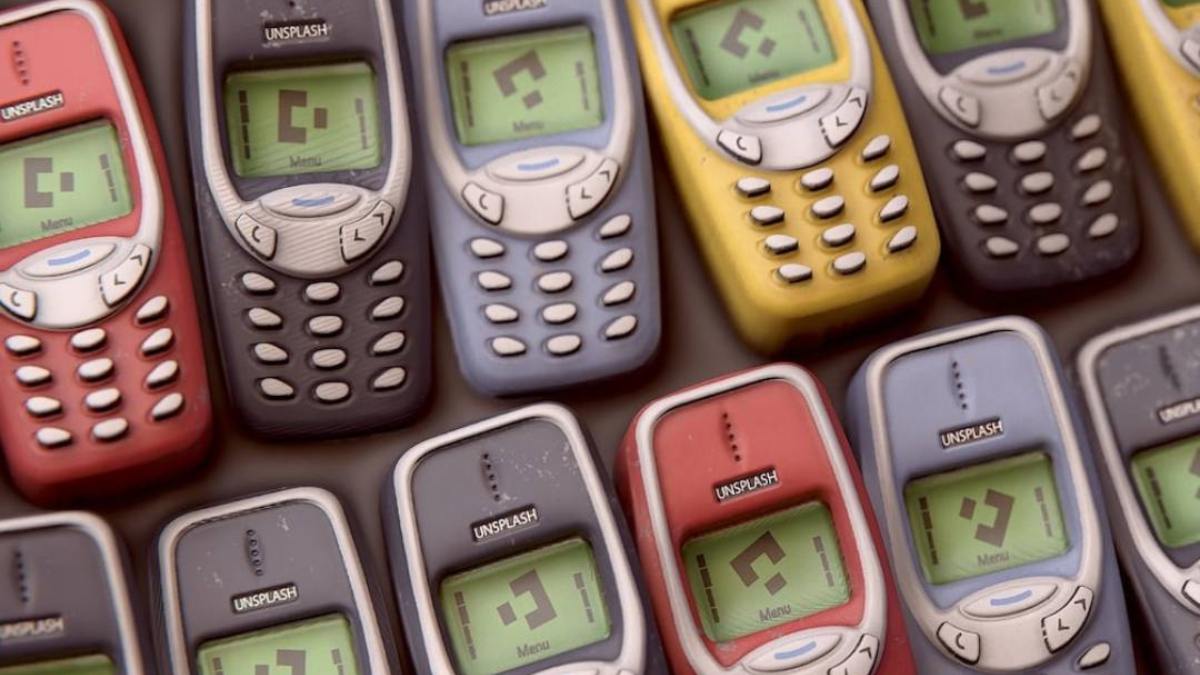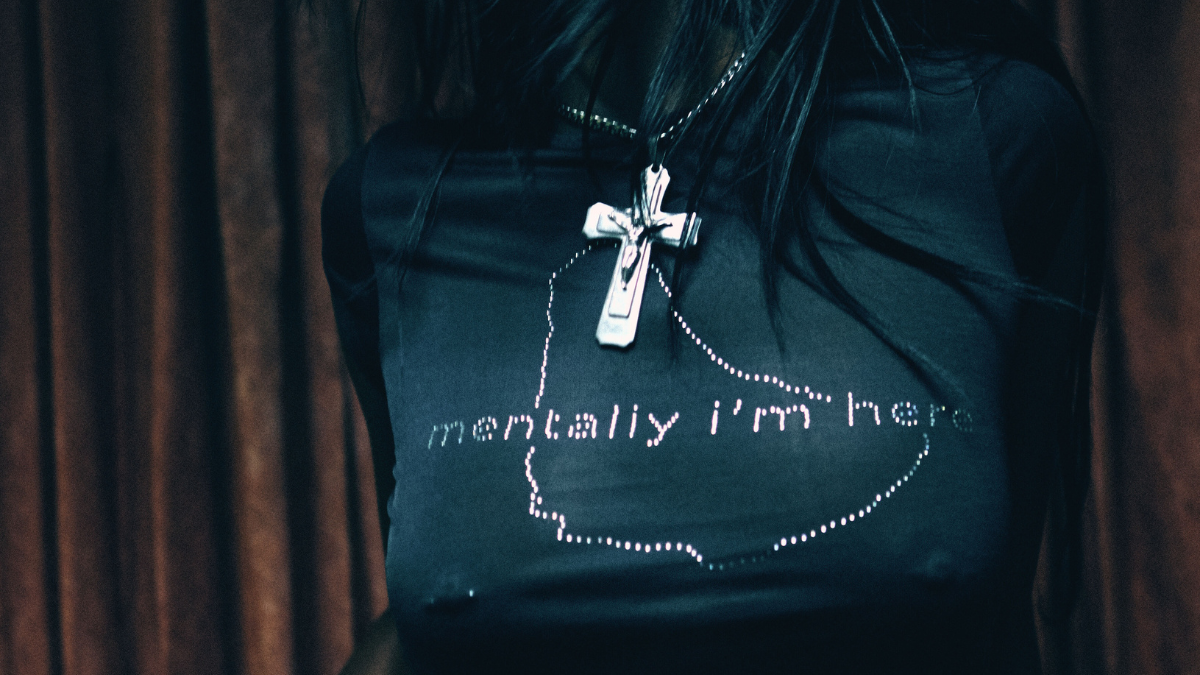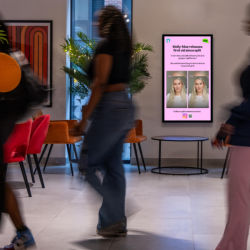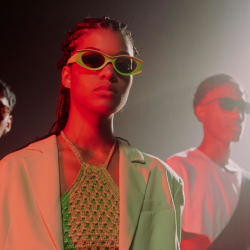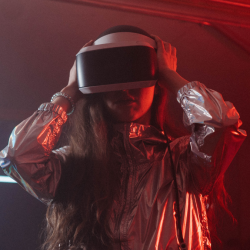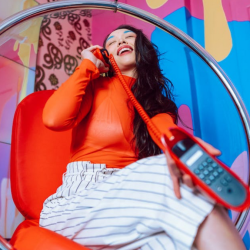There’s no doubt that the internet and digital technology has become a part of everyday life for most of us. Whether it’s working at a desk or mindlessly scrolling through our phone, it can sometimes seem as though being online is something we can’t escape. And whilst Gen Z are known to spend the most time online, their relationship with technology is more complex than we think. According to Voxburner’s Youth Trends report, 54% of 16-24-year-olds are concerned with how much time they spend on social media. That being said, it’s no surprise that this has led to a movement among the generation to step away from the online world.
You may be wondering who is Gen Z, why are they choosing a digital detox, and how are they doing it? Let’s take a look: Gen Z are those born during the late 1990s and early 2000s; the ones after millennials. They’re the first generation of digital natives who have never known a time without the internet, and spend most of their time online. They are more likely to be active on social media, with 38% spending up to four hours a day scrolling: add to that a worldwide pandemic, a cost of living and climate crisis all having an impact on their personality and values. Gen Z are often ambitious, financially and professionally, they want to travel, are avid gamers, and nostalgic.
Why they detox
From endless notifications to hours of constant scrolling, it’s easy to lose time online (and it can become addictive). For those who feel like they need a break, a digital detox may be the perfect solution. The basic definition is: a digital detox is a period of time spent offline, which can be an hour or a whole weekend. The concept has been led by Millennials and Gen Z, who are more open about how an online presence can affect mental health and wellness. Simply put, the more time we spend online the more harmful it can be. Whilst the aim of a digital detox is to break away from screens and reduce time spent online, it’s proven to come with a wealth of benefits, which include:
- Increased productivity
- Better sleep
- Reduced stress and anxiety
- Better relationship with technology
How they’re doing it
Making an effort to reduce your screen time, having a ‘no phone’ zone, or turning your phone off are all effective ways to digitally detox. But Gen Z has come up with a unique and nostalgic approach. Namely, a ‘dumb phone’, a secondary device with basic features. You can make calls, receive text messages, potentially access 4G, and play snake (a classic). The purpose is that it helps reduce distraction, but allows you to stay connected with key people, those closest to you. Being active on social media can come with the pressure to post, respond, and be connected at all times. When this becomes too much, Gen Z unplug themselves. When heading out and about, many have opted to swap their smartphone for a dumb phone.
The growing popularity of these dumb phones has even led to a boost in sales for classic flip phones in the US.
’90s nostalgia
As well as being a way to switch off, the dumb phone trend feeds into a particular interest of Gen Z, nostalgia. They have a fascination with nostalgia and are 19% more likely to say they prefer aspects of the past to any sort of futurism. This is evident in trending fashion and music; with the return of claw clips, low rise jeans, and ’90s pop music. Over time the idea of nostalgia has become popular and powerful, as people think back to an idealised past or a ‘golden era’. Nostalgia is a powerful way to induce emotion, creating a positive emotional feeling by tapping into people’s fond memories.
Featured image: Mingwei Lim / Unsplash
